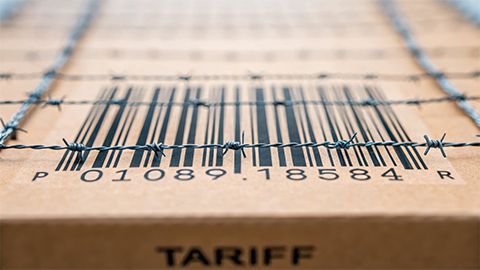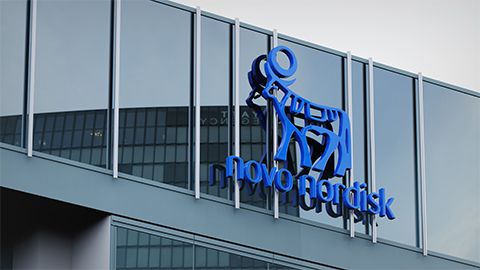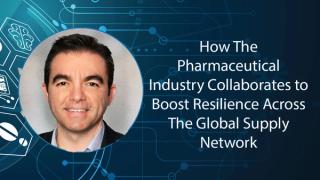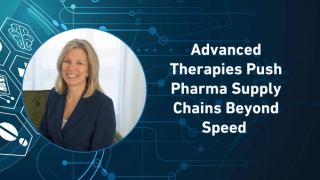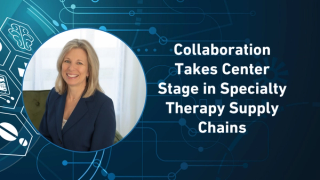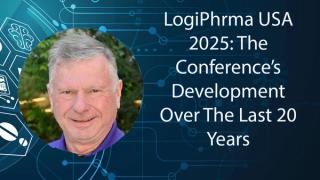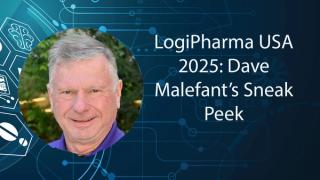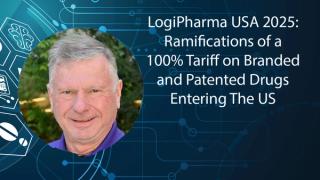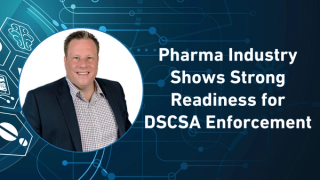
Manufacturing & Packaging
Latest News

Latest Videos

Podcasts
More News
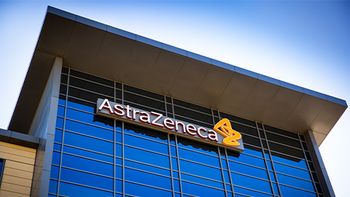
The new Albemarle County site—reportedly the largest investment in AstraZeneca’s history—will focus on API and ADC production, create 3,600 jobs, while strengthening US pharma supply chain resilience.

The addition of Evo’s cryogenic shipping and tracking technology enhances Peli BioThermal’s reach across the pharma value chain, driving innovation and integration in temperature-controlled logistics while supporting these therapies.

How can 360° connectivity drive pharma innovation?

The investment will establish a new hub overseeing contract manufacturing across India and expand Lilly’s global supply of medicines for Alzheimer’s, diabetes, obesity, and cancer, amid shifting US trade and tariff policies.

Cencora executive Heather Zenk discusses how innovations in cold chain, data visibility, and sustainability strategies are transforming the drug delivery process.
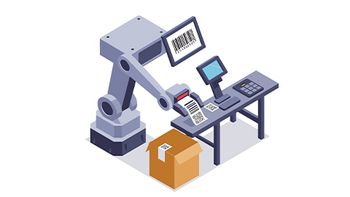
A new report underscores how 2D barcodes and automated data capture powered by GS1 standards can help logistics and life sciences companies overcome outdated systems, labeling issues, and visibility gaps.

As the sentiment of surveyed dangerous goods experts backs up, updated packaging pursuits can boost efficiency and cut costs—while mitigating the environmental impact.
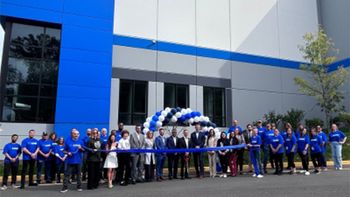
The new 5-million-cubic-foot biorepository enhances cold chain logistics, expands biopharma storage capacity, and strengthens New Jersey’s position as a life sciences hub.
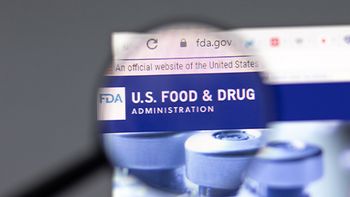
Following Congress’ failure to pass funding measures, FDA announced it will continue only essential public health and safety functions. This amid a pause on imposing 100% tariff rates.
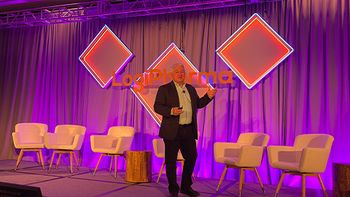
Bayer’s Luiz Barberini highlights how artificial intelligence is transforming supply chain operations, while emphasizing the irreplaceable value of trust, transparency, and human relationships.
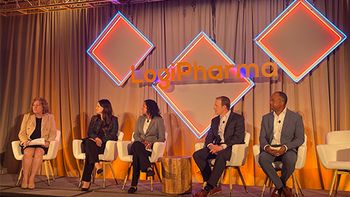
Supply chain leaders share strategies to address persistent drug shortages, highlighting vulnerabilities, manufacturing complexities, and the importance of cross-industry collaboration.
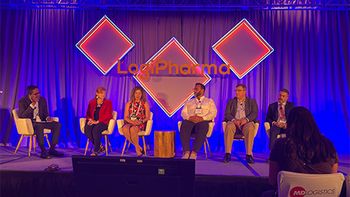
At the conference’s milestone 20th anniversary event in Boston, experts unpacked the final stages of DSCSA implementation, highlighting pharmacy compliance challenges, state-level variability, and the role of technology in securing the pharmaceutical supply chain.

Beginning Oct. 1, the US will impose a 100% tariff on branded and patented pharmaceutical imports unless manufacturers are actively building domestic production facilities, a move aimed at reshoring drug manufacturing.
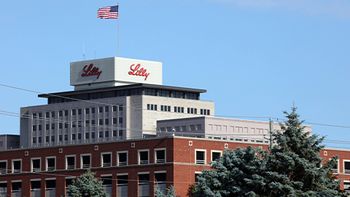
The Generation Park site will create over 600 permanent jobs, support advanced small molecule production, and play a role in scaling orforglipron, Lilly’s first oral GLP-1 receptor agonist for obesity.
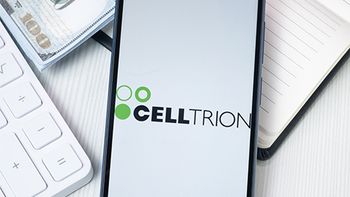
The South Korean pharma company’s US subsidiary is purchasing Eli Lilly’s Branchburg, NJ site to safeguard against potential tariffs. strengthen domestic production, and expands its biosimilar footprint.

Industry leaders—from manufacturers, distributors, and dispensers—reported increased preparedness for compliance, with discussions shifting toward exception management, governance, and enforcement readiness, note Ullrich Mayeski of GS1 US and Mark Karhoff of Ten Count Consulting.
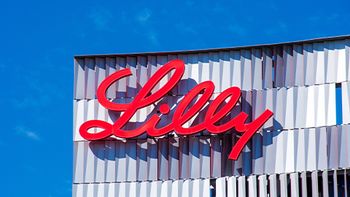
The new Goochland County facility will serve as Lilly’s first fully integrated API and drug product site, focusing on antibody-drug conjugates, while creating thousands of jobs and strengthening domestic supply chains.

The South Korean CDMO has signed its second multi-billion-dollar contract in less than a year, even as shifting US trade policies and looming tariffs create challenges for global drugmakers.

The move consolidates R&D, manufacturing, and commercialization under the CGM system’s developer to accelerate growth and expand global reach.

By reducing waste, improving forecasting, and strengthening payer negotiations, these technologies are helping pharmaceutical companies unlock efficiency, accelerate adoption, and differentiate in competitive markets.

This episode of Pharma Pulse covers President Trump’s appeal to the Supreme Court to preserve pharma tariffs, Sanofi’s 10% stock drop after Amlitelimab failed in Phase III, and new research showing how the COVID-19 pandemic reshaped pneumococcal mortality trends.
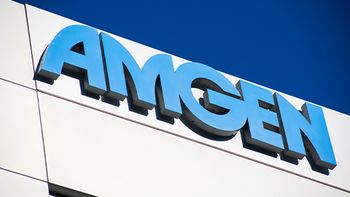
The company is committing over half a billion dollars to build a state-of-the-art research hub in Thousand Oaks, CA, designed to accelerate next-generation therapeutics through advanced automation and collaboration.

This episode of Pharma Pulse covers Susan Monarez’s rejection of White House efforts to remove her as CDC director, new analysis on how long-lasting drug shortages expose systemic supply chain weaknesses, and the FDA’s approval of the first generic liraglutide for weight management.
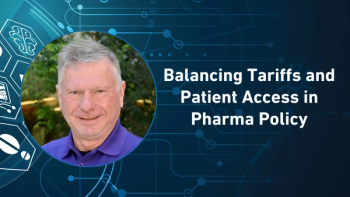
In the final part of his Pharma Commerce video interview, Dave Malenfant, a healthcare supply chain expert, emphasizes that patient access must remain the top priority, even amid steep tariffs, citing cases like orphan drugs and oncology treatments where government flexibility is essential.
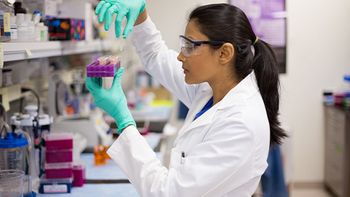
CCT is strengthening its Asia-Pacific footprint through new hubs in Tokyo and Mumbai, expanded distributor partnerships in China and Australia, and rebranded regional operations

